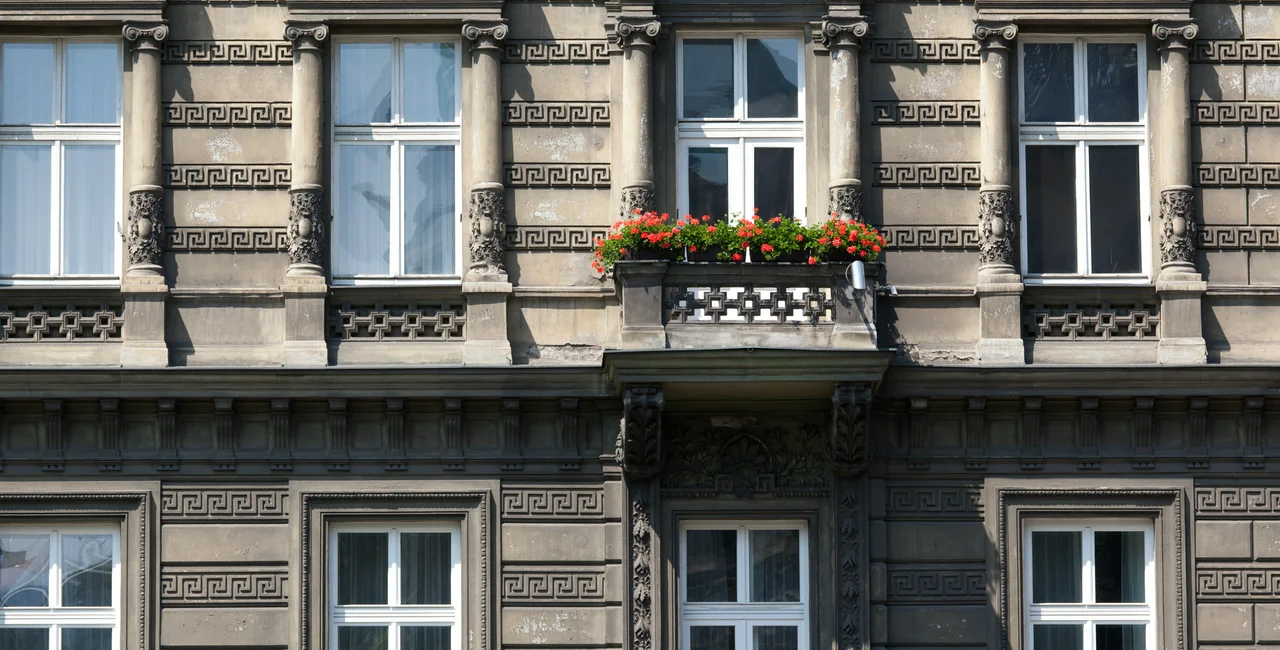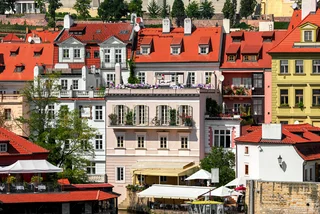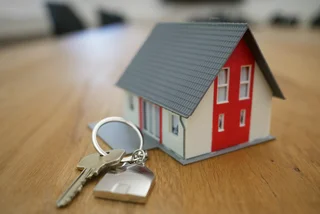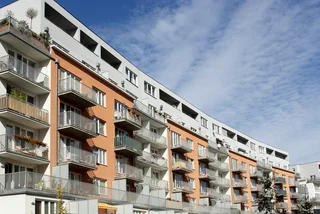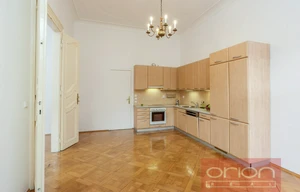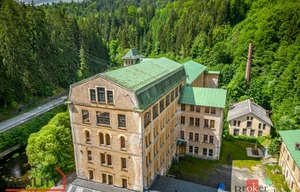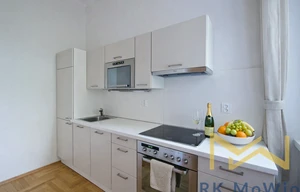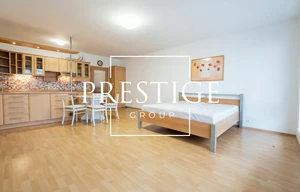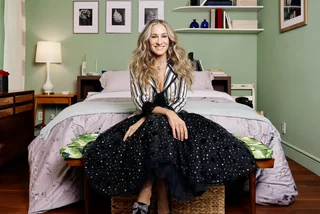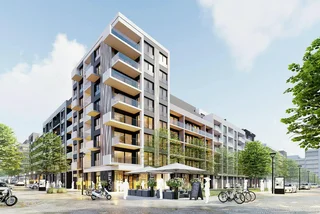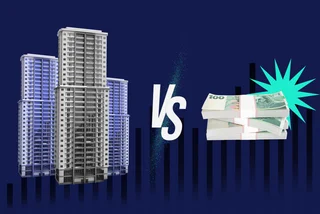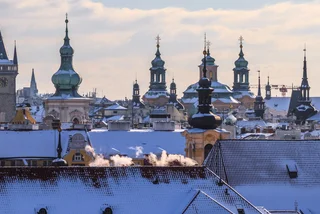A Prague resident would have to spend all of their salary for 15.9 years to buy a new apartment. This is two years longer than last year when it was at 13.9 years.
Over the last 5 years, apartment prices have risen by 90 percent, while wages rose by only 33 percent. Housing affordability is now the worst in the entire time the CG-Index has been calculated by developer Central Group.
Demand is being pushed by changes that will soon make mortgages more expensive, while the supply of new flats continues to fall short. The only good news is that the rate of price increases for buying flats is expected to slow down next year.
The index uses an average gross monthly wage of CZK 50,556, compared to an average price of CZK 9,626,234 for a new 70-meter apartment in Prague. The wage is based on data from the Czech Ministry of Labor and Social Affairs’ Information System on Average Earnings (ISPV), while housing prices are based on a joint analysis by Central Group, Trigema, and Skanska.
The growth rate of new apartment prices in Prague accelerated significantly year on year. The offer price for the year increased by 20.3 percent to a record CZK 138,000 per square meter.
“Housing prices reflect a sharp rise in prices of all inputs, building materials, works, land, and energy. However, a huge disparity between the supply of new housing and demand plays a key role in the current crisis,” Central Group founder and head Dušan Kunovský said in a press release.
“This is driven by high household savings, and efforts to secure and protect their funds in times of high inflation, which already exceeds 6 percent per year,” Kunovský added.
Demand is breaking records, while supply is at an all-time low. “Currently, there are only 2,750 new flats available on the Prague market, which is 52 percent fewer year-on-year and the thinnest stock in modern history. The critical shortage of new flats is the main cause of the worst housing affordability in Prague so far,” Kunovský said.
So far this year, a record 5,952 flats have been given permits, which is the most since 2007. However, the average of the last 10 years was fewer than 3,000 flats per year, while at least 10,000 are needed.
On the other hand, interest in real estate is at a record high, according to the CG Index. In the first three quarters, 6,100 flats were sold in the metropolis, 300 more than in the whole of 2020. For the first time, over 7,000 new flats a year will be sold in Prague.
“The fact that people are trying to get a mortgage on even more favorable terms also plays a role. The Czech National Bank is sharply raising interest rates and, since April 2022, has been reintroducing mortgage limits. This will make housing even more inaccessible for some people,” Kunovský said.
In 2022, the Central Group said it expects the supply of new flats to grow slightly, but will still not be able to meet demand. Prices will continue to rise, but more moderately at be around 5 to 10 percent per year.
“We expect that at least in the first half of next year, the construction industry will continue to be significantly affected by rising prices of work and materials,” Kunovský said.
Kunovský echoed what many developers have been saying for years: the red tape involved in creating new housing is too complicated and the permitting process takes too long.
“It is necessary to support new construction and achieve a sufficient supply of new apartments while maintaining market conditions with competition from development companies and mortgage banks,” he says.
He added that there were many positive measures to speed up and simplify permits in the new building code, but some further changes that would distribute more money to municipalities would make it even more effective.
Some 129,440 new flats are planned for Prague. However, fewer than 50,000 have entered any stage of the approval process. More than half of the flats in preparation are in Prague 9, 5, and 4, where there are a large number of brownfields.
"Currently, the total value of all prepared projects reaches almost CZK 1.2 trillion. If they got the green light, the state would have at least CZK 155 billion in VAT alone. Accelerating the permit would therefore not only help solve the current housing crisis, but it is also in the great economic interest of the state,” Kunovský said.
Prague 9 leads in the number of new flats being built. Flat prices there are the lowest in the city thanks to a larger offer and competition.












 Reading time: 3 minutes
Reading time: 3 minutes 